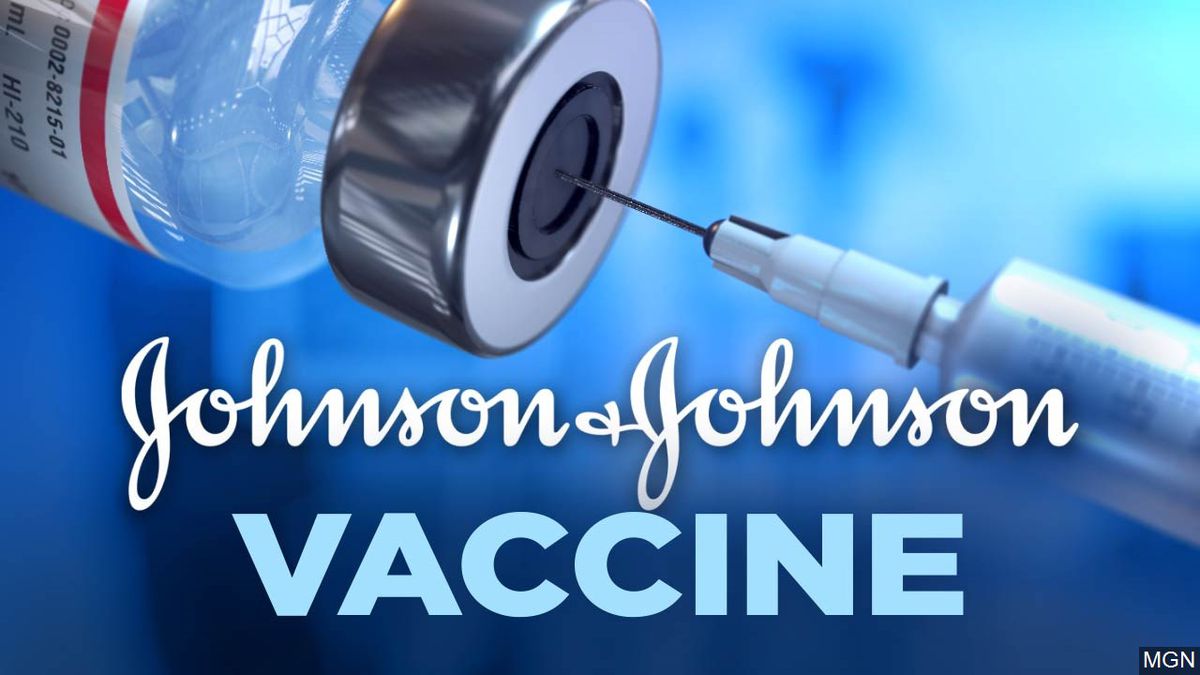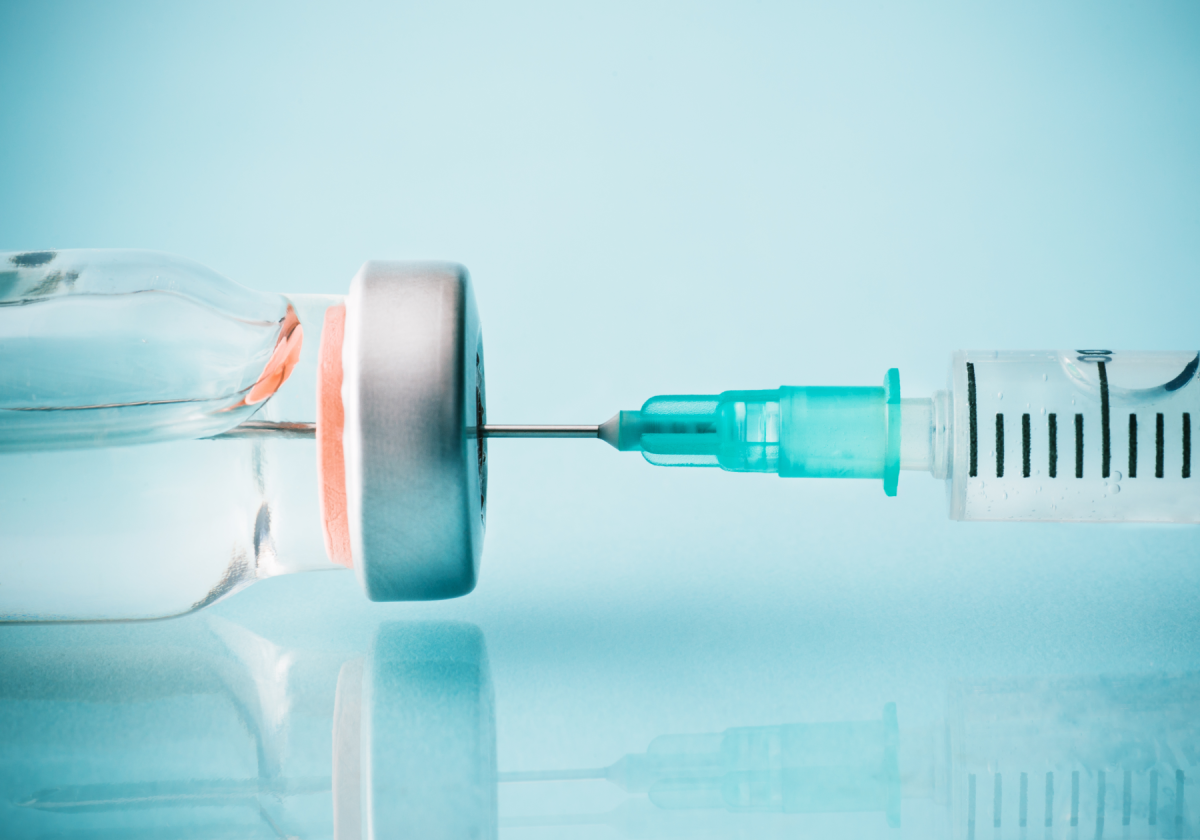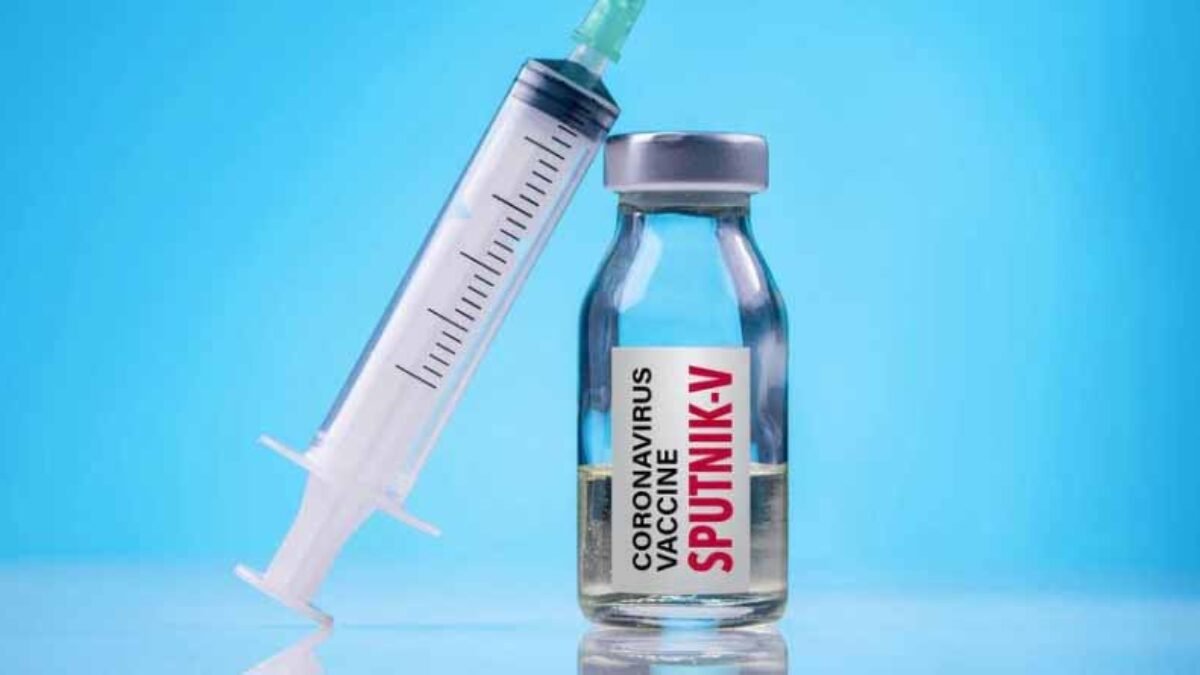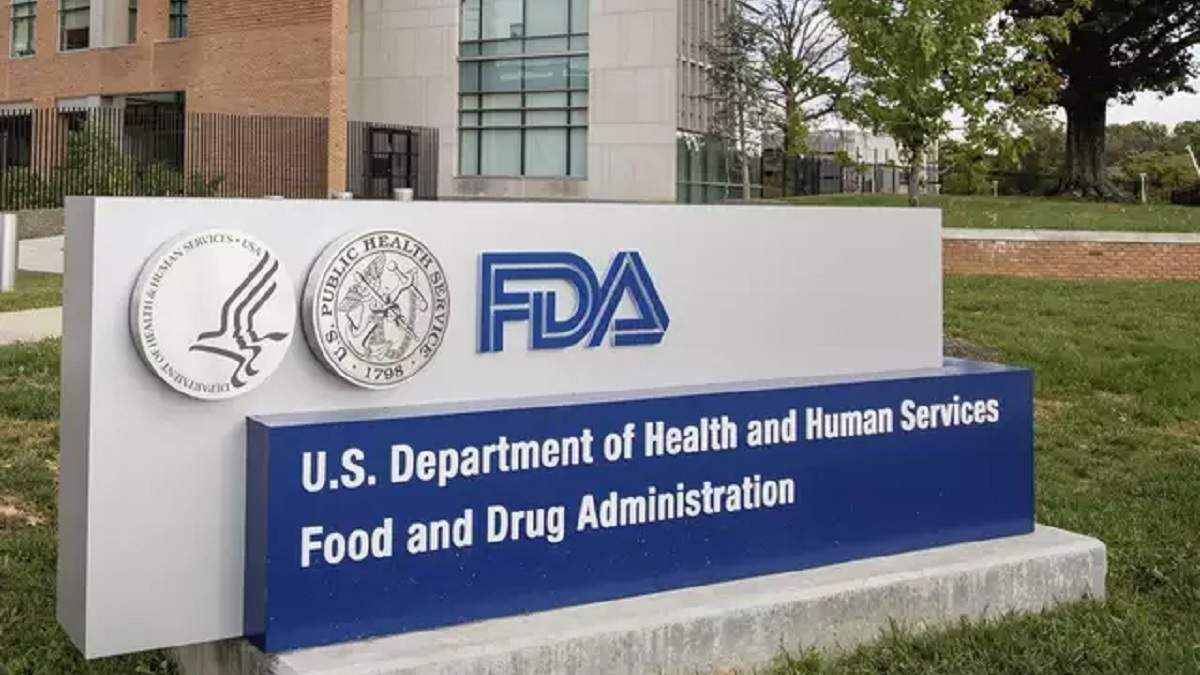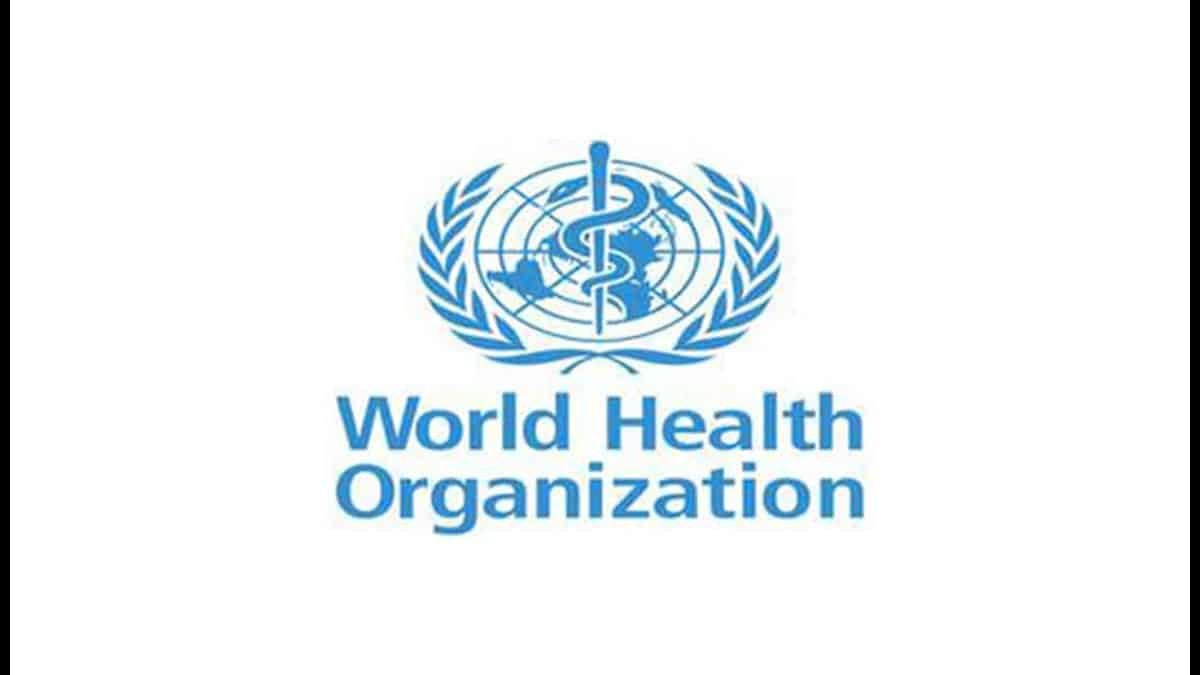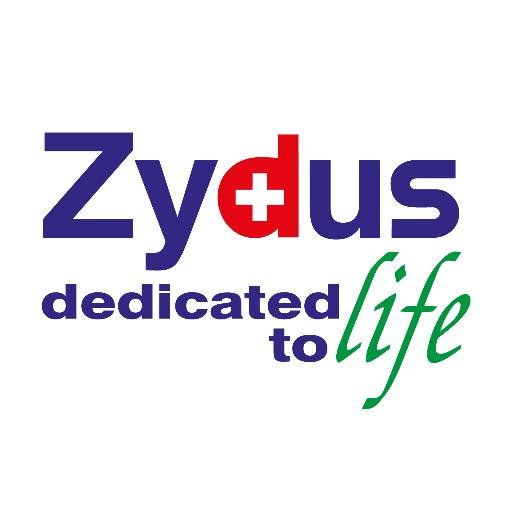A new study done by the Oregon Health and Science University shows that elderly have fewer antibodies against the coronavirus. This study was published in the journal of the American medical Association.”Our older populations are potentially more susceptible to the variants even if they are vaccinated.” said senior author Fikadu Tafesse, Ph.D. assistant professor of molecular microbiology and immunology in the OHSU School of Medicine.However, Tafesse and his colleagues emphasized that the vaccine was effective to prevent infection and illness in people belonging to all age groups. Tafesse added that “the good news is that our vaccines are really strong.”The vaccinations are still said to be effective in reducing the spread of coronavirus and its variants. “The more people get vaccinated, the less the virus circulatlates.” Tafesse added. “Older people aren’t entirely safe just because they are vaccinated; the people around them really need to be vaccinated as well. At the end of the day, this study really means that everybody needs to be vaccinated to protect the community.”The research was conducted on 50 people two weeks after they got their second dose of the Pfizer vaccine. The blood serum was exposed to the gamma variant after grouping the samples into age groups.The results of the study showed that the youngest group, all in their 20s had a more robust antibody response. On the other hand, people between 70 and 82 years of age showed a lower antibody response.”Older people might be more susceptible to variants than younger individuals,” Tafesse said.The findings highlight the importance of vaccinating older people as well as others who may be more vulnerable to Covid-19, said co-author Marcel Curlin, MD, associate professor of medicine (infectious diseases) in the OHSU School of Medicine.”The vaccine still produces strong immune responses compared with natural infection in most older individuals, even if they are lower than their younger counterparts,” Curlin said. “Vaccination in this group may make the difference between serious and mild disease, and likely reduces the chances of transmitting SARS-CoV-2 to another person,” Curlin added.
covid vaccine
Whether future waves will affect children more or with increased severity are all speculations- Dr. Praveen Kumar
Second wave of the novel Coronavirus caused a huge upsurge of infection in younger adults, children, pregnant women and infants. While the vaccines against COVID-19 brought new hope, there is renewed apprehension in India that the third wave may infect younger
In a recent press note by Union Health Ministry, Dr. Praveen Kumar, Director, Department of Pediatrics, Lady Hardinge Medical College, New Delhi talked about various issues including impact of COVID-19 on children, the need to protect them, and vaccinating pregnant women
How has the pandemic affected children’s mental and physical health? What needs to be done to reduce its long-term impact?
Pandemic can have a severe effect on children’s mental and physical health. They may express psychological distress by acting out in a different way each child behaves differently.
Caregivers need to be patient with children and understand their emotions. Look for signs of stress in young children, which could be excessive worry or sadness, unhealthy eating or sleeping habits.
Do you think the future waves can affect children more severely? How does the country need to prepare for any future wave of COVID-19 with respect to providing quality care to pediatric patients?
COVID-19, is a new virus that has potential to mutate. Whether the future waves will affect children more or with increased severity are speculations. People speculate that future waves may affect children more as most of the adults will be vaccinated in the next few months.
There is no approved vaccine for children at this point in time. Adults in the house should follow COVID-Appropriate Behavior, and limit their social engagements to reduce the chances of infection as they may carry and transmit the infection to others. Besides, all the adults should take vaccines, which will also protect the children to a great extent.
How has the second wave of COVID-19 affected children?
As per the NCDC/IDSP dashboard, approximately 12% of infected COVID was contributed by patients less than 20 years of age.
Recent surveys have shown similar seropositivity in children and adults. However, due to a larger number of people affected during second wave number of infected children were also
more as compared to the first wave. So far, the mortality rate in children is lower as compared to adults and is usually seen in children with comorbidities.
What were the challenges that you faced in treating pediatric patients, especially those who required hospitalisation?
Largely we were able to manage children well by increasing number of dedicated beds for COVID infected children. However, during peak of second wave we faced some challenges as many of senior doctors, resident doctors, staff nurses became positive. We also faced challenges in accommodating all referrals during peak of second wave.
What is MIS-C? Please elaborate on the condition, the challenges that you face while treating an MIS-C case? If you think parents need to be aware of it? Its treatment
The multisystem inflammatory syndrome (MIS) is a new syndrome seen in children and adolescents (0-19 years of age). Most patients report it two to six weeks after the peak of COVID-19 infections in the affected population.
Three types of clinical course are described: Persistent fever with Raised Inflammatory parameters, Classical Kawasaki Disease like presentation and Shock, LV dysfunction with the inotropic requirement. For establishing the diagnosis of MIS-C, advanced investigations are required. All suspected cases should be referred and managed in a tertiary care hospital with HDU/ICU facility. If identified early, all these cases can be treated.
Guillain-Barre Syndrome: FDA Issues Warning On Johnson & Johnson’s Covid-19 Vaccine Linked To Rare Disorder
The Centers for Disease Control and Prevention (CDC) and the Food and Drug Administration (FDA) in the United States have been monitoring reports about some Johnson & Johnson vaccine recipients developing a rare but serious disorder—Guillain-Barre syndrome. Even though the federal agencies said that it is not clear whether the vaccine caused the problem, FDA on 12 July issued a warning about the risk of this syndrome to the single-dose J&J Covid-19 jab.
According to the FDA, J&J’s vaccine provides substantial protection against serious illnesses, hospitalisations and death. In a large trial spanning three continents, one dose was found to be 85 per cent effective against the most severe Covid-19 illness. Similarly, CDC said earlier that in clinical trials, the vaccine was 66.3 per cent effective at preventing Covid-19 illness in people who had no evidence of prior infection two weeks after receiving the jab. “No one who got COVID-19 at least four weeks after receiving the J&J/Janssen vaccine had to be hospitalised,” CDC added.
However, the FDA issued a fresh warning this week, citing instances of Guillain-Barre syndrome—in which the immune system attacks the nerves—that causes muscle weakness and paralysis in certain cases. The side effect was recognised by healthcare officials as a “small possible risk” for people who received the shot. According to a companion statement from the CDC, which monitors vaccine safety systems with the FDA, about 100 preliminary reports of Guillain-Barre syndrome have been detected in vaccine recipients after the administration of 12.8 million doses of the J&J jabs in the United States. The CDC also stated that the cases have largely been documented two weeks after immunisation and mostly include men, many of whom are 50 and older.
The recent revelation comes at a particularly perilous time, as the highly contagious Delta variant sweeps the country, fueling an increase in coronavirus cases in several states. According to a press release issued earlier this month, the J&J Covid-19 vaccine provides a minimum of eight months of immunity against coronavirus and gives “strong, persistent” protection against the Delta variant.
But the new warning could make it more difficult for the Biden administration to increase vaccinations in areas where a lot of scepticism about Covid-19 jabs are present, and vaccination rates are low. The warning is the latest setback for a vaccine that had been widely anticipated due to its simplicity of administration – as only one dose is required to be administered to ensure the safety against SARS-CoV-2. Earlier, the federal agency alerted people in April about the danger of blood clots among those who received J&J jabs.
Guillain-Barre Syndrome
It is a condition in which the immune system destroys some of the body’s nerve cells. According to the CDC, 3,000 to 6,000 people are diagnosed with this illness each year in the country. The data also showed that around 60 to 120 cases of Guillain-Barré syndrome are diagnosed each week. While the exact cause is unknown, it frequently occurs after infection with a virus, such as influenza or bacteria. During flu season in the United States, the CDC keeps an eye on Guillain-Barré syndrome. When there has been an increased risk, it has always been one or two more cases per one million seasonal flu vaccine doses administered in the country.
If someone develops the Guillain-Barre syndrome, they can experience tingling in their feet or hands, as well as pain in their legs or back. Later, they may notice muscle weakness. Other symptoms include difficulty with eye muscles and vision, trouble swallowing, speaking or chewing, a lack of coordination, an abnormal heart rate and problems digesting or controlling the bladder. According to the National Institutes of Health, there is no known cure for this health issue. But plasma exchange and immunoglobulin therapies, as well as other treatments for specific symptoms and longer-term rehabilitative care, have helped people with Guillain-Barre syndrome.
However, in the case of the J&J vaccine’s link to this illness, the American pharmaceutical company said that it has been talking to the FDA and other health officials across the world about the complaints. Meanwhile, the CDC said that the agency would ask its panel of outside vaccine experts at an upcoming meeting to analyse the situation.
Reports said that the new warning would be printed on the booklets distributed to those who receive the J&J shot. If they witness any symptoms, such as tingling, difficulty walking or double vision, they should seek medical help, according to the FDA. However, the US government claims that the most commonly used vaccines in the country, manufactured by Pfizer and Moderna, pose no risk of the disorder after more than 320 million doses have been administered.
86 employees at Gujarat hospital contracted Covid-19 over a month after finishing vaccination course, study reveals
Eighty-six of 461 employees at a hospital in Gujarat’s Nadiad, who received both doses of the Covishield vaccine, got infected after 38 days of the vaccination on an average, the hospital’s study on breakthrough infections has revealed. One of the employees who contracted the virus succumbed to it.
Muljibhai Patel Urological Hospital in the Kheda district tracked 461 employees after they received both doses of Serum Institute of India’s Covishield jab. Of the 86 employees testing positive for the virus, 27 were nurses and technicians, 40 paramedical staff, and 19 doctors. Of these, only nine had comorbidities. Sixty-nine of those infected showed mild symptoms, while one was critical and six others severe. Ten of them required hospitalisation, among which two required ICU beds for high flow oxygen. While one of the two recovered, the other patient died.
Talks with vaccine makers Moderna, Pfizer stuck on indemnity clause: Sources
The Government of India is still in talks with American vaccine makers – Moderna and Pfizer – for supply of their Covid-19 jabs. India has managed to administer a total of 38.14 crore doses of three out of the four Covid vaccines approved for emergency use in the country.
Apart from Covishield, Covaxin and Russia’s Sputnik V, Moderna’s mRNA Covid-19 vaccine has also received emergency use authorization (EUA) from the Drugs Controller General of India (DCGI).
Sources in the government say the indemnity clause has emerged as a point of contention in the talks with Moderna and Pfizer.
“We are discussing, but at this moment, we are focusing on the language of the contract for the indemnity clause. Discussion is happening clause by clause with the vaccine manufacturers,” sources told India Today.
US vaccine makers Moderna and Pfizer have been insisting on an indemnity clause before committing to supplying their Covid-19 vaccines to India.
Serum enters into agreement with RDIF to make Sputnik V, to begin first batch production in September
Russia’s sovereign wealth fund Russian Direct Investment Fund (RDIF) and Serum Institute of India (SII) has entered into an agreement to produce the Sputnik V COVID-19 vaccine.
The first batch of Sputnik V vaccine doses is expected to be produced at SII’s facilities in September, SII and RDIF said in a joint statement on July 13.
The parties intend to produce over 300 million doses of the jab in India per year.As part of the technical transfer process, SII has already received cell and vector samples from the Gamaleya Center.
“With their imprort approved by the Drug Controller General of India (DCGI), the cultivation process has begun,” RDIF said.
RDIF had earlier reached agreements with a number of pharmaceutical companies in India such as Gland Pharma, Hetero Biopharma, Panacea Biotec, Stelis Biopharma, Virchow Biotech and Morepen for production of the Russian vaccine. Most of these are fixed-price contract manufacturing arrangements.
Dr. Reddy’s holds the sole distribution rights for the first 250 million doses of Sputnik V in India.
The Russian Sputnik V vaccine has been registered in 67 countries that together have a population of over 3.5 billion people. The data obtained by regulators of a number of countries including Argentina, Serbia, Bahrain, Hungary, Mexico, San Marino and the United Arab Emirates, demonstrates that Sputnik V is one of the safest and most effective vaccines against the novel coronavirus.
US FDA updates warning label for Johnson & Johnson’s COVID-19 vaccine about rare neurological disorder
The US Food and Drug Administration updated its warning labels on Monday (Jul 12) for the Johnson & Johnson (J&J) COVID-19 vaccine to include information about an observed “increased risk” of a rare neurological disorder called Guillain-Barre Syndrome (GBS).
The news is a further blow for the company, which was granted an emergency use authorisation for its shot in February but has played a minor role in America’s coronavirus immunisation campaign.
Based on analysis of a federal vaccine safety monitoring system, officials have identified 100 preliminary reports of GBS after about 12.5 million doses administered, people familiar with the matter said.
Of these reports, 95 of them were serious and required hospitalisation. There was one reported death.
GBS is a neurological disorder in which the body’s immune system damages nerve cells, causing muscle weakness or, in the most severe cases, paralysis.
It affects an estimated 3,000 to 6,000 people each year in the United States, and most go on to recover.
Mixing and matching Covid-19 vaccines ‘dangerous trend’: WHO’s chief scientist Soumya Swaminathan
The World Health Organization’s (WHO’s) chief scientist Dr Soumya Swaminathan has warned against mixing and matching of Covid-19 vaccines by different manufacturers for the first and second doses, calling it a “dangerous trend” and saying that there was a lack of data about the impact of the process.
“There are people who are thinking about mixing and matching. We receive a lot of queries from people who say they have taken one [dose] and are planning to take another one (doses). It’s a little bit of a dangerous trend here. We are in a data-free, evidence-free zone as far as mix and match,” Swaminathan said in an online briefing earlier in the day.
“There is limited data on mix and match. There are studies going on, we need to wait for that. Maybe it will be a very good approach. But, at the moment we only have data on the Oxford-AstraZeneca vaccine, followed by Pfizer. It will be a chaotic situation in countries if citizens start deciding when and who will be taking a second, a third and a fourth dose,” she said.
The drug regulatory body of India will consider emergency use approval for Zydus Cadila’s Covid-19 vaccine this week and the Subject Expert Committee (SEC) will examine the data submitted by the company.
On July 1, the company had sought emergency use approval of ZyCoV-D, its DNA vaccine against Covid-19 for those aged 12 years and above, from the Drugs Controller General of India (DCGI). It had presented interim results from Phase-III clinical trials in over 28,000 volunteers. The study is said to have demonstrated safety and efficacy in the interim data.
The study was carried out “during the peak of the second wave of Covid-19 (in India), reaffirming the vaccine’s efficacy against the new mutant strains especially the Delta variant,” Zydus said in a statement.
If the committee is satisfied with the submitted data and documents, the vaccine will be approved for emergency use soon, officials said.
Sanofi, GSK get approval for Phase 3 COVID-19 vaccine trial in India
Sanofi and GSK received approval for their Phase 3 clinical study in India, to assess the safety, efficacy and immunogenicity of their adjuvanted recombinant-protein COVID-19 vaccine candidate. The global, randomised, double-blind Phase 3 study will include over 35,000 volunteers aged 18 and older across sites in the US, Asia, Africa, and Latin America.
As COVID-19 vaccination becomes available, study participants are encouraged to receive an approved COVID-19 vaccine during the study, if they wish to do so. As part of the study design, all participants including the control group will be offered the study vaccine as soon as it is determined to be safe and effective.
“India is participating in Sanofi Pasteur’s pivotal Phase 3 study, and subject to subsequent approvals, we should soon begin enrollment of study participants in the country,” said Annapurna Das, Country Head, Sanofi Pasteur India.
“As the virus continues to evolve, we are anticipating what will be needed in the coming months and years, and accordingly, have adapted our vaccine development program. We believe our COVID-19 adjuvanted, recombinant vaccine can make a significant contribution to the ongoing fight against COVID-19 and are committed to initiating our clinical program in India, at the earliest,” she added.
The primary endpoint of the study is the prevention of symptomatic COVID-19 in SARS-CoV-2 naïve adults, with secondary endpoints being the prevention of severe COVID-19 disease and prevention of asymptomatic infection.
In a two-stage approach, the study will initially investigate the efficacy of a vaccine formulation targeting the original virus strain (D.614), while a second stage will evaluate a second formulation targeting the Beta variant (B.1.351). Recent scientific evidence shows that antibodies created against the Beta variant may provide broad cross-protection against other more transmissible variants.
A statement informed, “The design of the Phase 3 study, conducted across a broad diversity of geographies, also allows evaluation of the efficacy of the candidate against a variety of circulating variants. Sanofi and GSK will also run clinical studies to assess the ability of the adjuvanted recombinant-protein COVID-19 vaccine candidate to generate a strong booster response regardless of the type of vaccine initially received.”
It added, “The Phase 3 study initiation follows the global interim Phase 2 results which showed that the adjuvanted recombinant COVID-19 vaccine candidate achieved high rates of neutralising antibody responses in all adult age groups, with 95 to 100 per cent sero conversion rates. After a single injection, high neutralising antibody levels were also generated in participants with evidence of prior SARS-CoV-2 infection, suggesting strong potential for development as a booster vaccine.”



